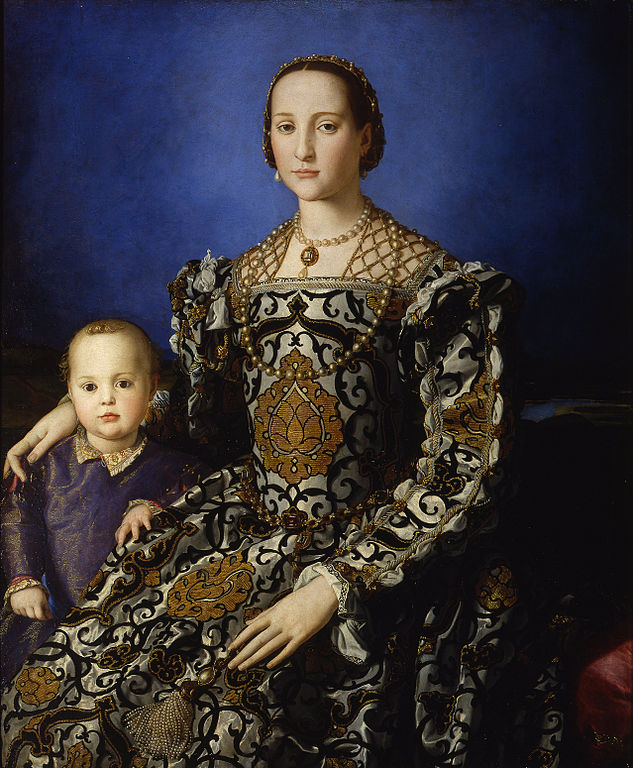 Edit
Edit
Italy has a rich and influential history in both art and fashion, with deep interconnections between the two domains.
Historical Roots Italian fashion and art have been intertwined since the Renaissance, when cities like Venice, Milan, Florence, and Rome became centers of artistic and sartorial innovation[2]. During the 15th and 16th centuries, Italian fashion was heavily influenced by renowned artists like Michelangelo, Leonardo da Vinci, and Raphael, resulting in extravagant and luxurious clothing crafted from velvet, brocade, ribbons, and jewels[2].
Key Characteristics of Italian Fashion
Craftsmanship and Quality Italian fashion is renowned for its:
- High-quality craftsmanship
- Sharp tailoring
- Luxury designs
- Attention to detail
- Exquisite fabrics
- Artistic sensibility[3][4]
Global Recognition Famous Italian fashion houses like Armani, Valentino, Versace, Prada, Gucci, and Dolce & Gabbana have become global symbols of style and sophistication[3]. The “Made in Italy” label is internationally recognized as a mark of quality and elegance[1].
Fashion Cities
Milan: The fashion capital, hosting major fashion events and home to numerous luxury brands[3] Florence: Known for artisan production, particularly leather goods and shoes[3] Rome: Famous for luxury boutiques and spectacular fashion shows[3]
Historical Evolution
After World War II, Italian fashion experienced a significant revival. The Sala Bianca catwalk shows in Florence during the 1950s were pivotal in propelling Italian fashion onto the world stage[1]. The era of La Dolce Vita in the 1960s further enhanced Italy’s glamorous fashion image, with movie stars like Audrey Hepburn and Elizabeth Taylor showcasing Italian designs[1].
By the 1970s, Milan had become the premier fashion city, with designers like Giorgio Armani, Krizia, and Missoni building reputations for luxury ready-to-wear clothing[1].
Economic Significance
The Italian fashion sector is economically crucial, comprising:
- 67,000 companies
- 580,000 employees
- 88 billion euros in annual turnover[4]
Today, while globalization has challenged small family businesses, Italian fashion continues to be a symbol of artistic excellence and cultural heritage.
Citations
[1] https://fristartmuseum.org/exhibition/italian-style-fashion-since-1945/ [2] https://en.wikipedia.org/wiki/History_of_Italian_fashion [3] https://www.stracasa.com/blog/italian-fashion-its-all-about-art/ [4] https://artsandculture.google.com/theme/how-italy-is-built-on-fashion/gAIC9FJsetDDIA?hl=en [5] https://fashionhistory.fitnyc.edu/beauty-adorns-virtue-italian-renaissance-fashion/ [6] https://www.lofficielibiza.com/art/art-and-fashion-exhibitions-to-see-in-italy [7] https://madeinitaly.gov.it/fashion/ [8] https://www.artbasel.com/stories/milan-contemporary-art-ecosystem-fashion-design
